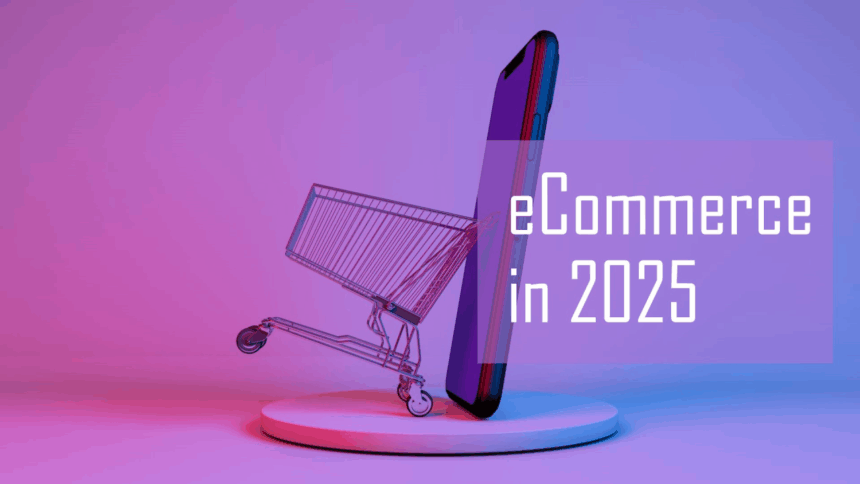Discover 7 mobile shopping trends transforming e-commerce in 2025, from AI personalization to AR experiences, boosting sales and customer engagement.
Introduction
Mobile shopping is no longer a convenience—it’s the backbone of modern e-commerce. In 2025, small businesses and startups must adapt to mobile-first experiences to stay competitive. Whether you run a niche store or a larger platform, understanding mobile shopping trends can give you a significant edge.
1. AI-Powered Personalization
Consumers expect personalized recommendations and experiences. AI helps tailor product suggestions and content in real time.
- Use machine learning to suggest products based on browsing and purchase history.
- Personalize push notifications and in-app messages.
- Create dynamic content in the mobile app based on customer behavior.
Example: A small fashion boutique increased mobile conversion rates by 25% after implementing AI-driven product recommendations.
2. Augmented Reality (AR) Shopping
AR is bridging the gap between online and offline shopping. Customers can try products virtually before buying.
- AR for virtual try-ons in fashion, accessories, or home decor.
- Interactive AR experiences for product demos.
- Shareable AR content to encourage social engagement.
Data Point: 61% of consumers prefer retailers that offer AR experiences (Statista, 2025).
3. Mobile Wallets & Seamless Payments
Convenience drives mobile sales. Integrating mobile wallets and one-tap payments reduces friction and increases conversions.
- Support Apple Pay, Google Wallet, and PayPal One-Tap.
- Optimize checkout for mobile screens.
- Reduce required fields and steps in the payment process.
Insight: Retailers with optimized mobile payments see up to 30% higher completion rates.
4. Voice Commerce Integration
Voice search and voice-assisted shopping are growing rapidly. Consumers ask smart devices for product recommendations or to place orders.
- Optimize product listings for voice search.
- Implement voice commands in mobile apps.
- Use conversational AI to guide users during shopping.
Trend: 2025 projections estimate 55% of mobile users will make purchases via voice interfaces.
5. Social Commerce Expansion
Mobile shopping is increasingly integrated with social media. Platforms like Instagram, TikTok, and Pinterest are key sales channels.
- Tag products in social posts for direct purchases.
- Launch shoppable videos and live shopping sessions.
- Encourage user-generated content and reviews within social platforms.
Example: A beauty brand increased mobile sales by 40% using Instagram Shopping features and influencer collaborations.
6. Sustainability & Mobile Transparency
Consumers care about eco-friendly practices. Mobile apps highlighting sustainability can influence purchase decisions.
- Include carbon footprint info on product pages.
- Promote recycling, upcycling, or ethical sourcing initiatives.
- Provide transparent shipping and packaging details.
Stat: 68% of mobile shoppers are more likely to buy from brands that demonstrate environmental responsibility.
7. Gamification & Mobile Engagement
Gamification increases user engagement and repeat purchases. Mobile apps can turn shopping into a fun, rewarding experience.
- Introduce points, badges, or reward levels for mobile interactions.
- Launch mobile-exclusive challenges or contests.
- Use gamified product discovery to highlight new items.
Pro Tip: Gamified apps see 20–25% higher user retention rates compared to standard mobile apps.
Conclusion
In 2025, mobile shopping will define the e-commerce landscape. By embracing AI personalization, AR, seamless payments, voice commerce, social integration, sustainability, and gamification, small businesses can attract loyal customers and drive conversions.
Action Step: Start with one trend—perhaps AI-powered recommendations or mobile wallet optimization—and measure its impact. Consistent innovation on mobile platforms ensures long-term growth.





